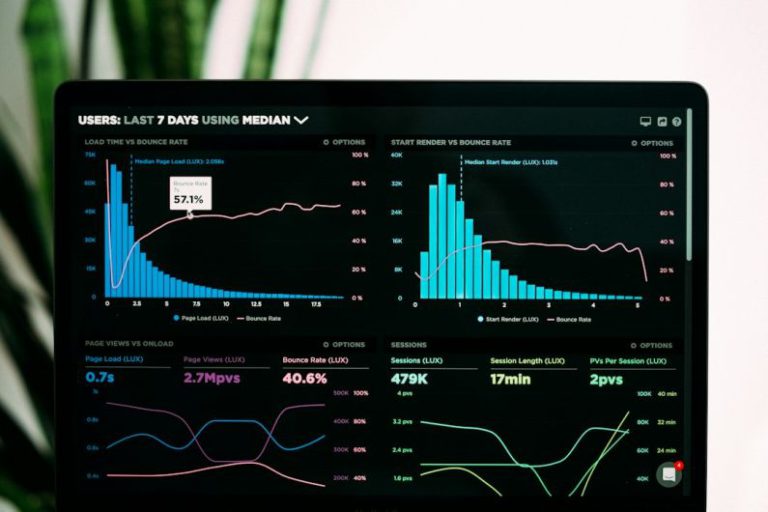Virtual Reality: beyond Gaming into Professional Fields
Virtual reality (VR) technology has long been associated with gaming, offering immersive experiences that transport players into fantastical worlds. However, the potential of VR extends far beyond the realm of entertainment. In recent years, this cutting-edge technology has been making significant strides into various professional fields, revolutionizing the way tasks are performed and enhancing training and simulation processes. From healthcare to architecture, education to manufacturing, the applications of VR are diverse and rapidly expanding.
Enhancing Training and Simulation
One of the most significant impacts of VR in professional fields is its ability to revolutionize training and simulation processes. Industries such as aviation, healthcare, and military have embraced VR technology to provide realistic and immersive training experiences for their personnel. For example, surgeons can practice complex procedures in a virtual environment, allowing them to hone their skills without the risk associated with real-life surgeries. Likewise, airline pilots can undergo realistic flight simulations to improve their decision-making and response to emergency situations. The immersive nature of VR not only enhances the learning experience but also reduces the cost and risks associated with traditional training methods.
Architectural Visualization and Design
In the field of architecture and design, VR has become an invaluable tool for visualizing and presenting projects. Architects can create immersive, 3D models of buildings and spaces, allowing clients to explore and experience the design before it is built. This not only enhances the communication between architects and clients but also enables stakeholders to make informed decisions early in the design process. VR technology also allows architects to identify potential design flaws and make adjustments efficiently, ultimately leading to more cost-effective and sustainable building projects.
Healthcare Innovation
The healthcare industry has been quick to adopt VR technology to revolutionize patient care, medical training, and therapy. VR simulations are being used to train medical professionals in various procedures, from surgeries to emergency response protocols. Medical students can practice diagnosing and treating patients in a realistic virtual environment, improving their skills and confidence before working with real patients. VR therapy is also being utilized to treat patients with phobias, PTSD, and chronic pain, offering a safe and controlled environment for exposure therapy and pain management.
Manufacturing and Prototyping
In the manufacturing sector, VR is transforming the way products are designed, prototyped, and tested. Engineers and designers can create virtual prototypes of products, allowing them to test functionality, ergonomics, and performance before investing in physical prototypes. This not only speeds up the product development process but also reduces costs associated with materials and manufacturing. VR simulations are also being used to train manufacturing workers in operating complex machinery and equipment, improving efficiency and safety on the shop floor.
Education and Virtual Field Trips
In the field of education, VR technology is revolutionizing the way students learn and engage with course material. Virtual field trips enable students to explore historical sites, natural wonders, and cultural landmarks from the comfort of their classroom, providing immersive and enriching learning experiences. VR simulations are also being used to teach complex scientific concepts, medical procedures, and engineering principles, making abstract ideas more tangible and accessible to students. By incorporating VR into the curriculum, educators can enhance student engagement, retention, and understanding of the subject matter.
Future Outlook and Integration
As VR technology continues to evolve and become more accessible, its potential to transform professional fields is limitless. From remote collaboration and telemedicine to product design and customer experience, the applications of VR are expanding across industries. As businesses and organizations recognize the value of VR in improving efficiency, productivity, and innovation, the integration of this technology into everyday processes will become increasingly common. By embracing the power of VR, professionals can unlock new possibilities and redefine the way they work, learn, and interact in the digital age.






